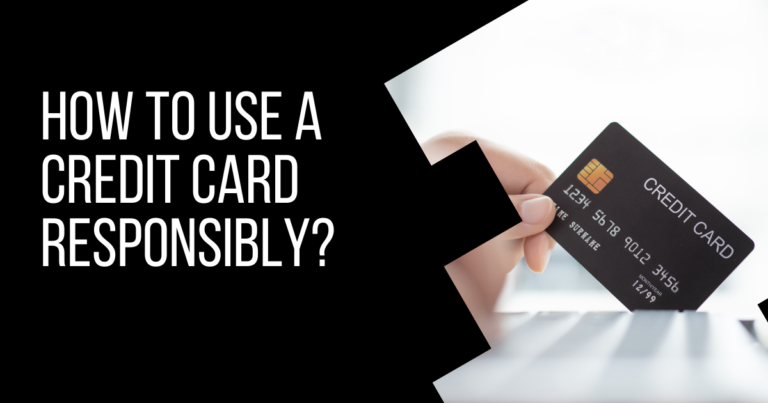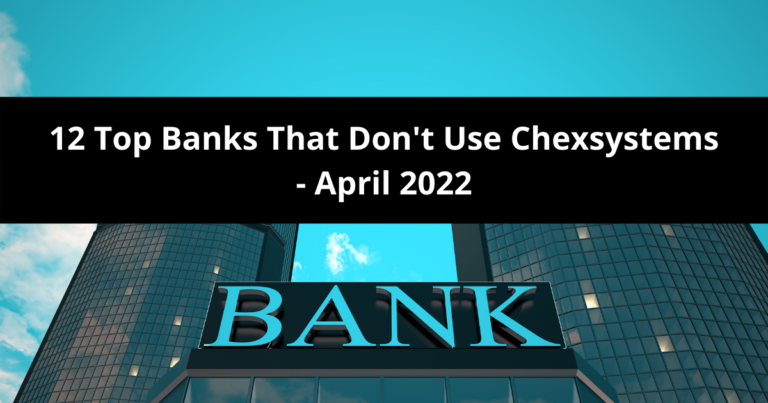How To Remove Student Loans From Credit Report?
Introduction
If you’re wondering how to remove student loans from your credit report, you should know when it’s feasible and when it’s not. In general, your loan will reflect on the credit report. Therefore, it is impossible to erase correct information from your credit report. However, if you discover an inaccuracy on your credit report, you have the option to contest it. Here are some things you should know about removing student loans from your credit record. These include the length of time student loans stay on your credit report and techniques to enhance your credit score.
If the information on your student loans is correct, deleting it off your credit record is usually not an option. Keep in mind that certain firms may claim to be able to delete student loans off your credit record even if the bad information is genuine. These are frequent frauds. Credit repair businesses can assist you in disputing false information, but most of the time, they cannot do anything that you cannot do for free on your own.
Why Is It Necessary To Remove Student Loans From Credit Report?

According to the CFPB, payment history is frequently one of the most critical elements in calculating your credit ratings. According to the CFPB, even a single recorded late payment can be responsible for lowering the credit score.
Your federal student loan becomes overdue when you skip one payment, according to the Department of Education (DOE). However, if you continually miss your payments, your loan may become delinquent. After 270 days, many government loans are declared delinquent. Check with your lender about its policies if you have private loans.
According to the DOE, having a defaulted student loan can negatively influence your credit. And the ramifications of default might be far-reaching beyond any negative impact on your credit.
If you default on your student loans, the loan amount may be owing immediately. If a loan is sent to collection, you may be required to pay extra costs in addition to the loan sum. In some situations, your lender may even go to court against you. It can result in things like wage garnishment. That implies that a portion of your paycheck is automatically directed toward debt repayment.
If you have a cosigner on your loan, this might impact them as well. Understand that cosigners are ultimately liable to pay the loan you fail to repay. Credit bureaus must also contact your lender or servicer in order to examine your dispute. However, it is good to do it yourself, as previously stated. The FTC also provides an example dispute letter to assist with this. Whether doing things online or over the phone is more convenient, it may be worth contacting your lender or servicer to check if such choices are available.
Duration For Which Student Loans Stay On Your Credit
If you make a late payment on a student loan or any other credit account, it will appear on your credit reports for seven years. However, if the loan goes into default, the clock does not reset. Instead, it will reflect on the credit report for seven years right from your first missed payment date. As a result, you must complete your payments on time because late payments can harm your credit for years and make it difficult to obtain financing in the future.
Why Is it Not Possible To Remove Most Of The Student Loans From Your Credit Report?

Unfortunately, it is not feasible to have your student loans removed from your credit record – at least not legally! Furthermore, student loans may be an excellent method to develop credit, especially in the early years of your life. However, there are several steps you can take to delete bad student loan information from your credit report or prevent it from appearing on it in the first place.
Negative student debts can be tough to remove, especially private loans. You may, however, ask them to delete the negative details on your credit report if it is wrong or misleading.
You can have the following information deleted from your credit report:
- Incorrect late payments on student loans that do not belong to you
- The default status is incorrect.
How To Remove Student Loan From Credit Report?

A dispute is the most effective way to remove a student loan from your credit record. What are your possibilities for resolving the dispute? There are two ways to disagree:
- DIY (which can be complicated and time-consuming) often ends in unfavorable consequences owing to careless blunders.
- Collaborate with a seasoned credit repair professional to make the dispute process as straightforward as possible.
Whether it’s a student loan or another account, the process for contesting credit report inaccuracies is essentially the same. It begins with reviewing credit reports from the three main credit bureaus to ensure that all information is correct.
In most circumstances, contesting mistakes online is the quickest way. Experian, TransUnion, and Equifax offer resources to assist you with the procedure. However, if you want to dispute credit report mistakes by mail, the Federal Trade Commission (FTC) gives instructions and an example letter you may use.
Once you submit the issue, the credit-reporting agency has a set amount of time—usually 30 days—to examine your complaint and communicate its findings to you.
Ways To Improve Your Credit Score After Student Loan –

It is critical to have good credit. And whether you’re repairing your credit after a student loan default or simply trying to boost your credit score, here are a few things you may try:
- Maintain minimal credit usage. According to the CFPB, experts recommend maintaining your credit usage ratio below 30% of your credit limit.
- Pay your bills on time. According to the CFPB, being current on payments and making on-time payments on your credit accounts may help raise your score. Setting up automatic payments or setting up reminders on your phone or computer may be beneficial, and it removes student loan payments.
- Apply for only the credit you require. Applying for a large amount of credit, such as many credit cards, in a short period of time, according to the CFPB, might harm your credit score.
Conclusion
It is not terrible to have student loans on your credit record. However, in reality, timely repayment of student loans may play a significant part in maintaining a solid credit score. Negative student loan information on your credit record, on the other hand, can be quite detrimental.
You can remove student loans from your credit report by referring to the above article. Having late or defaulted debts on your credit record can severely harm your credit score. Payment history is the most crucial factor that credit agencies analyze when calculating your FICO score since it proves that you are ready and able to pay off your obligations.
Defaulting on your student loans might cause further complications in addition to harming your credit rating. Defaulting on federal loans will have the balance become due immediately, or you may be hit with significant extra charges. And it will add more to your loan stress. If you default on a private loan, the lender may pursue payment from your cosigner or refer your account collection agency.






